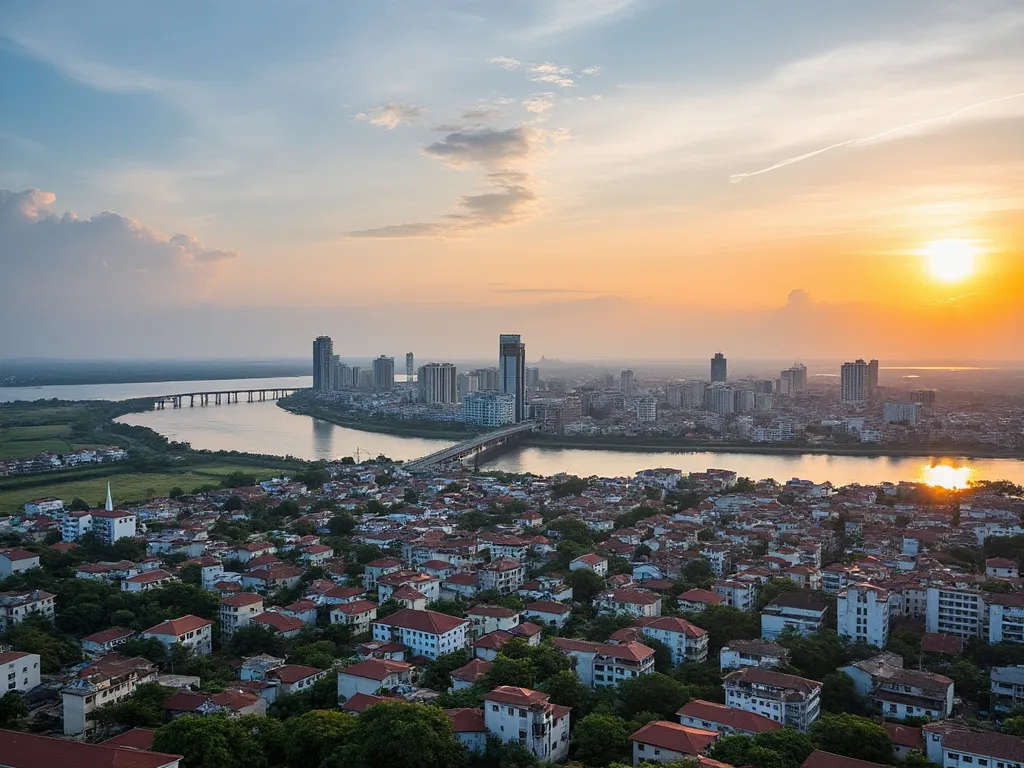
Bissau is the capital and largest city of Guinea-Bissau, a country located in West Africa. The city is situated on the Geba River estuary, which flows into the Atlantic Ocean. Bissau is a significant cultural, economic, and administrative center in the country.
Bissau Information
| Country | 🇬🇼 Guinea-Bissau |
| Population | 492,004 (2020 estimate) |
| Coordinates | 11.8594° N, 15.5944° W |
| Area | 77.5 km² (30.0 sq mi) |
| Climate | Tropical savanna climate |
| Language | Portuguese (official), Guinea-Bissau Creole |
| Currency | West African CFA franc |
| Time zone | GMT (UTC+0) |
| Proximity to other major cities | Conakry (Guinea) - 434 km (270 mi), Dakar (Senegal) - 540 km (335 mi) |
Historical Background of Bissau
Bissau was founded in 1687 by the Portuguese as a fortified settlement and trading post. The city played a crucial role in the transatlantic slave trade, with many enslaved Africans being transported from the port of Bissau to the Americas. In the late 19th century, Bissau became the capital of the Portuguese colony of Guinea-Bissau. After Guinea-Bissau gained independence from Portugal in 1974, Bissau remained the capital city.
Geographical Location of Bissau
Bissau is situated on the western coast of Africa, on the Geba River estuary. The city is located in a coastal plain, with the surrounding area characterized by mangrove forests and salt marshes. The climate is tropical savanna, with high temperatures and high humidity throughout the year.
Cultural Significance of Bissau
Bissau is a culturally rich and diverse city, with a mix of African, Portuguese, and Islamic influences. The city is home to several museums, including the National Museum of Guinea-Bissau, which showcases the country's history and culture. The city also hosts several festivals throughout the year, including the Guinea-Bissau Carnival and the Bissau International Film Festival.
Economic Importance of Bissau
Bissau is the economic hub of Guinea-Bissau, with a port that handles most of the country's international trade. The city is also a center for the fishing industry, with many fishing companies operating in the area. In addition, Bissau is a major center for the production of cashews, which are one of Guinea-Bissau's main export crops.
Interesting Facts About Bissau
- Bissau is home to the Fortaleza de São José, a historic fort built by the Portuguese in the 18th century.
- The city has a unique blend of African and Portuguese architecture, with many colonial-era buildings still standing.
- Bissau is a major center for the production of traditional African crafts, including wood carvings and textiles.
Tourist Attractions in Bissau
- National Museum of Guinea-Bissau
- Fortaleza de São José
- Bissau Cathedral
- Guinea-Bissau National Park
Conclusion on Bissau
In conclusion, Bissau is a vibrant and culturally rich city that offers a unique blend of African and Portuguese influences. From its historic fort to its vibrant markets and cultural attractions, Bissau is a city that has something to offer for every kind of traveler.
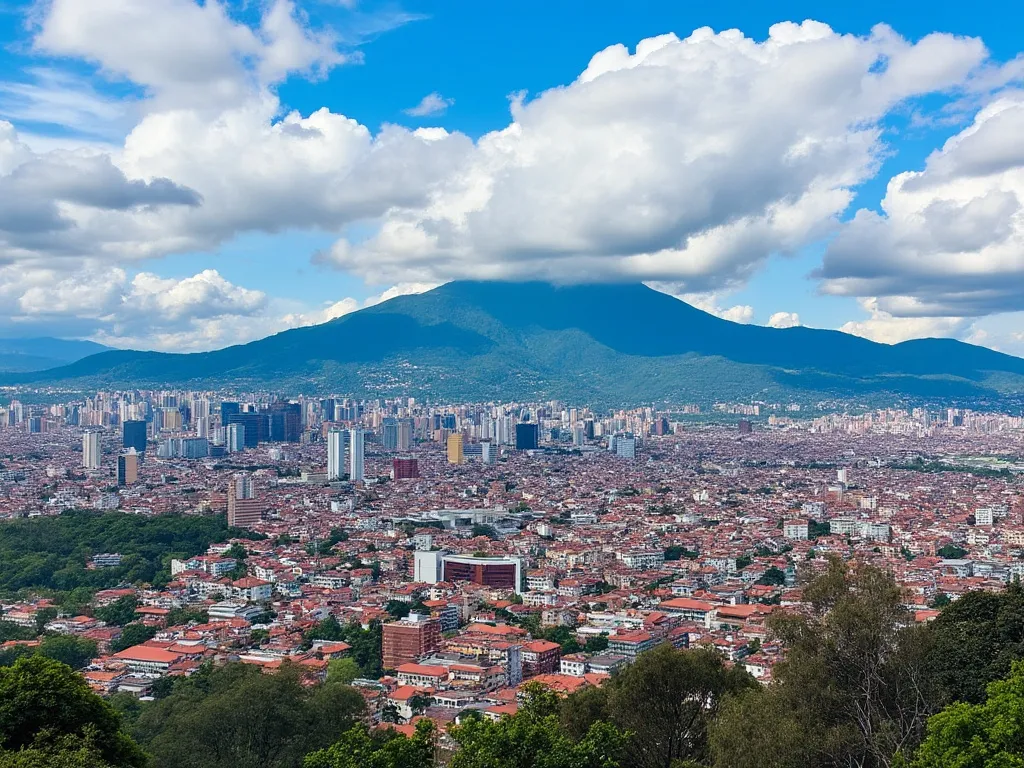 Bogotá
Bogotá
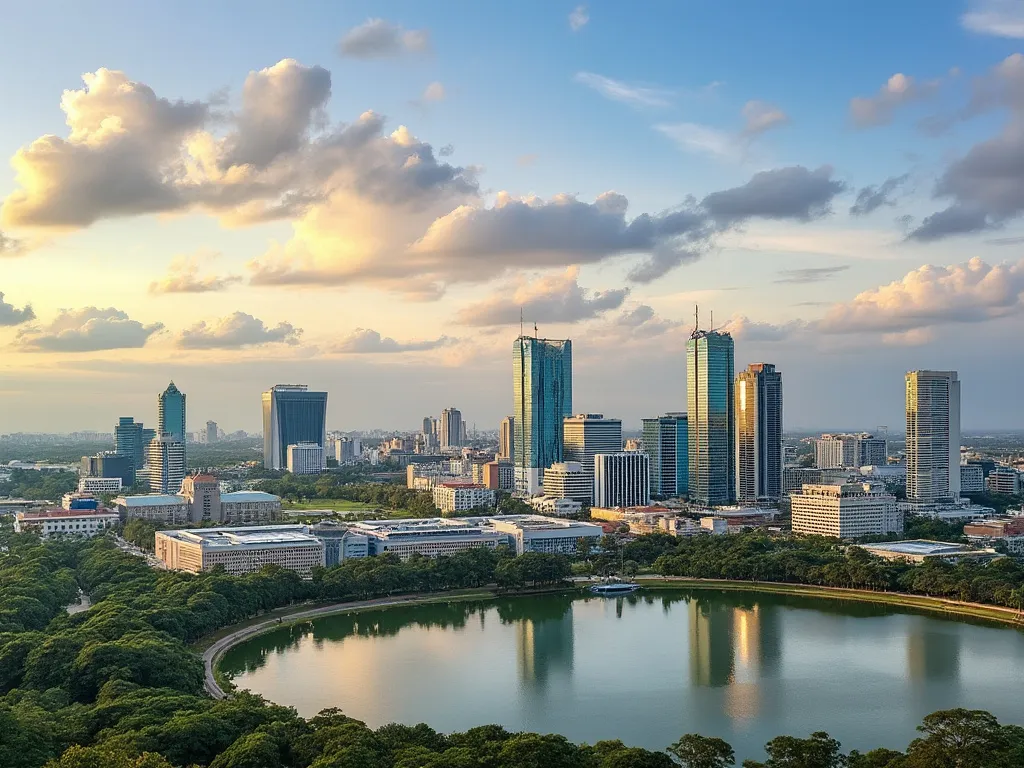 Brasília
Brasília
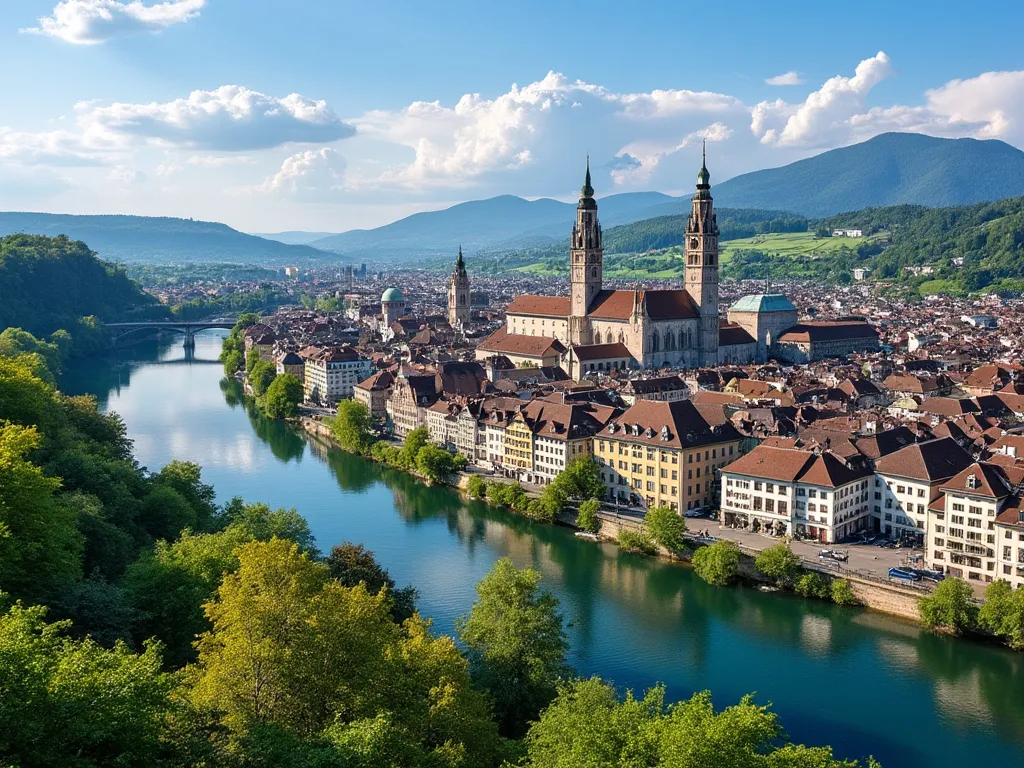 Bern
Bern
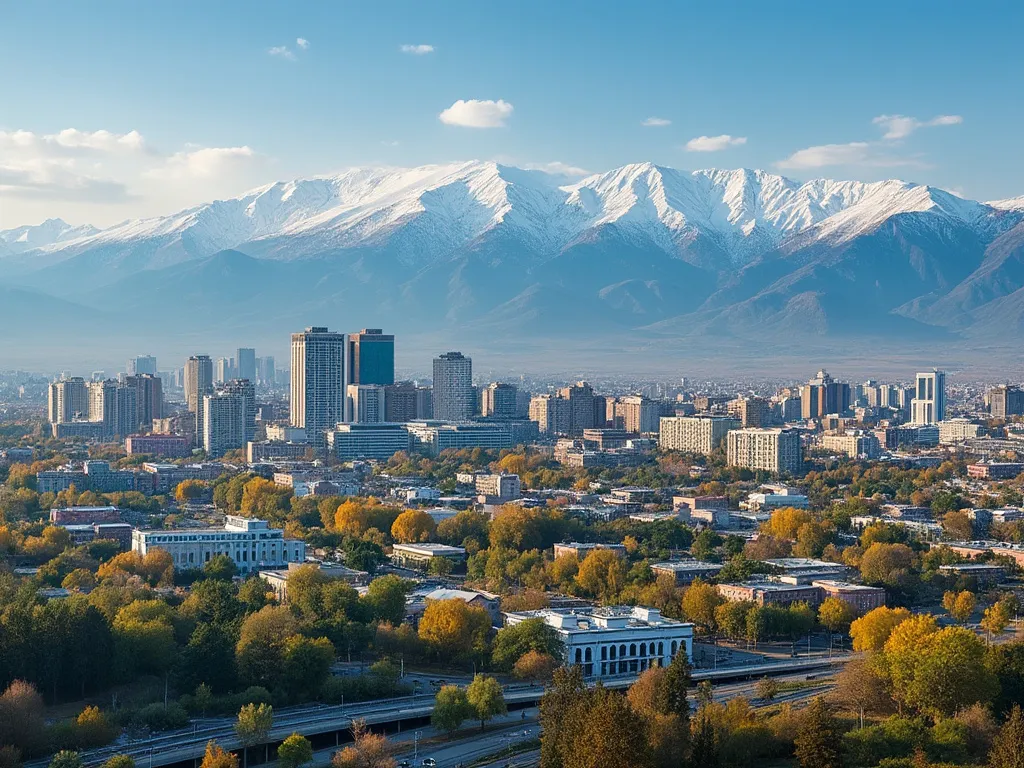 Bishkek
Bishkek